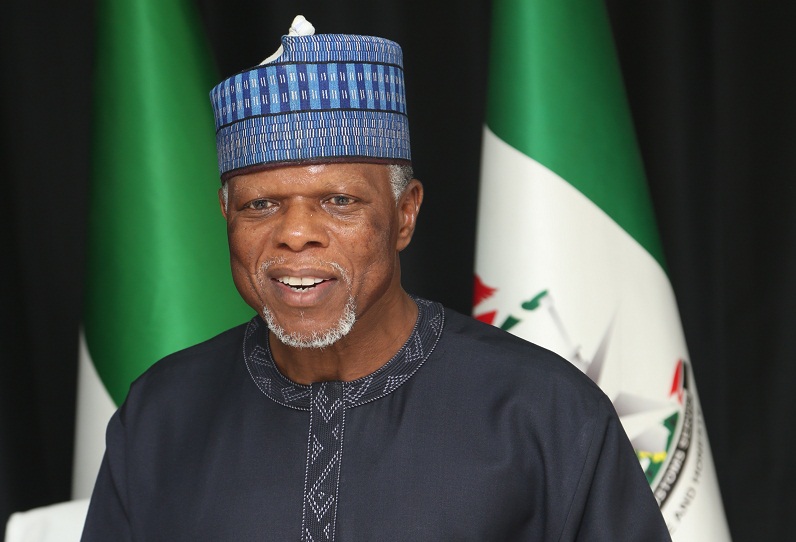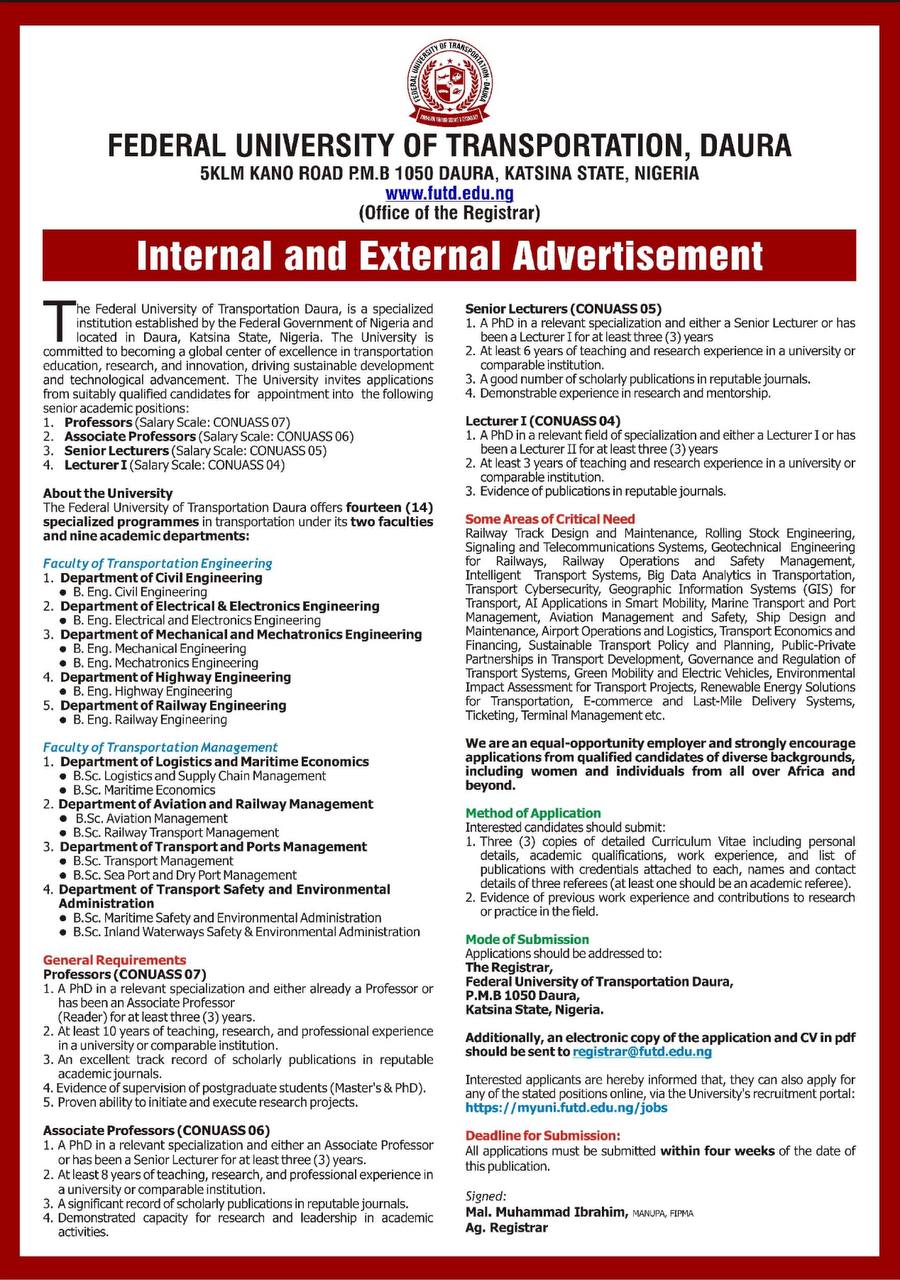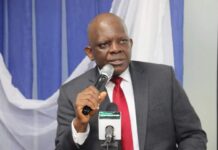In the face of dwindling revenues as a result of falling crude oil price and other related sources, the Federal Government may be facing the risk of paying $2.5b as litigation fees if it goes ahead to implement the recently awarded $3.1m Customs Modernisation contract.
This was contained in a recent report by the House of Representatives Joint Committee on Finance, Customs and Excise and Public Petitions.
There are fees that the Federal Government may have ignored advice by “the Solicitor General of the Federation to the Minister of Finance urging it to consider the strength and weakness as well as litigation fees of $2.5billion and lengthy time frame of embarking on this case and how that may affect the ultimate goal of government for revenue generation
“On the other hand, the Presidency through the office of the Chief of Staff to the President issued a letter dated 17th September 2019 engaging the consortium titled Presidential Initiative on Customs Modernisation to carry out the same project awarded to Messrs Adani Mega Systems Limited/ Webb Fontaine seven months after they were engaged by CBN- CISS”
“It is the opinion of the Committee that the Presidency was not duly informed of the existing contract agreement and litigations filed by Messrs Adani Mega Systems Limited/ Webb Fontaine”
The report revealed that the Federal Government acted in breach of an earlier contract award terms with Messrs Adani Mega Systems Limited/ Webb Fontaine consortium that must have responded to a June 20, 2016 advert.
Also revealed in the report is the ongoing litigation instituted by the consortium earlier given the job in a suit challenging the cancellation.
The suit which was filed in December 2018 at the Federal High Court Abuja with suit No FHC/ABJ/CS/850/2017 will likely stall the recent award of the contract to another consortium.
READ ALSO: Customs: Port Harcourt Area II Command generates N69.4bn
The House of Representatives Joint Committee report was jointly signed by James Abiodun Faleke, Chairman Finance; Jerry Alagbaoso, Chairman Public Petitions; Yuguda Hassan Kila, Chairman Customs; Lawali Ibrahim, Clerk to Committee on Finance and Aliyu Maccido, Clerk to Committee on Customs.
The report revealed that the controversial cancellation and re-award of the contract took place during the time of the late Chief of staff to President Muhammadu Buhari, Mallam Abba-Kyari.
According to the Finance Minister “The main objective of this project is to completely automate every aspect of the customs business and to institutionalize the use of smart and emerging technologies that will enhance the statutory function of the Nigerian Customs Service in the areas of revenue generation as well as trade facilitation and enhancement of security,” the Minister of Finance and Budget Planning, Zainab Ahmed, told journalists shortly after FEC meeting in Abuja.
Ms Ahmed said the project, to be delivered by Messrs E. Customs HC Project Limited, will be financed by sponsors “who will in return look over the investment in the concessionary period of 20 years” while it has the potentials to generate up to $176 billion for the country.
“So this investment of $3.1 billion is broken down into capital investment of $1.2 million which will be done in three phases over 36 months by these investors and $1.1 million is our projection of the operational cost over the 20-year period of the implementation of this project.
Maritime Lawyer, Emeka Akabogu recently faulted the award as lacking in legal backing and transparency
“When the Federal Executive Council of the country has given is seal to a project such as this, I would assume that it has been given a 360-degree consideration, particularly relating to viability and value for money.
“There is no doubt that the country needs end-to-end customs modernisation, but it must be guided by the very reason for which it is needed, which is transparency and trade facilitation.
“Transparency will determine if the scope of the project justifies the investment. I certainly feel that the stated cost is not just high, it is mind-boggling. Automation will certainly involve new technology and innovation, but it is not rocket science.
“The project being contemplated will probably incorporate complete automation of data submission and verification processes for cargo clearance in a formalities single window.
“For increased assurance, it may be carried on blockchain technology and even involve deployment of smart contracts.
“I absolutely subscribe to it as it will resolve the current issues which bedevil import clearance efficiency including extortion by customs and under-declaration by importers. But it will not cost $3.1bn and does not need a 20-year concession.”
He noted that the more important element, which no reference was made to, is ensuring that the legal framework to drive the initiative is in place.
READ ALSO: 622 smugglers arrested with N11bn worth of goods
“Even though Nigeria is a signatory to the Trade Facilitation Agreement, it is not implementing most of its highlight provisions which could greatly alleviate the challenges in the immediate term and which don’t need expenditure of ridiculous sums to achieve.
“One of the reasons is that the TFA provisions have not been given legal recognition in the CEMA. A draft of a new CEMA incorporating provisions to facilitate compliance with the TFA was developed some years ago but was not conclusively taken through to enactment.
“Any investment in customs modernisation without starting from the legal framework and policy quick-wins will be cosmetic and self-defeating.
I advise we start from that point and from there define the technology requirements to facilitate compliance which will be the basis for a procurement such as has been done. We have put the cart before the horse,” he added.













